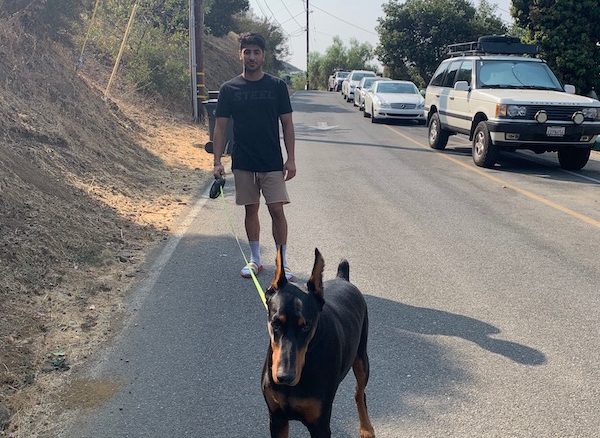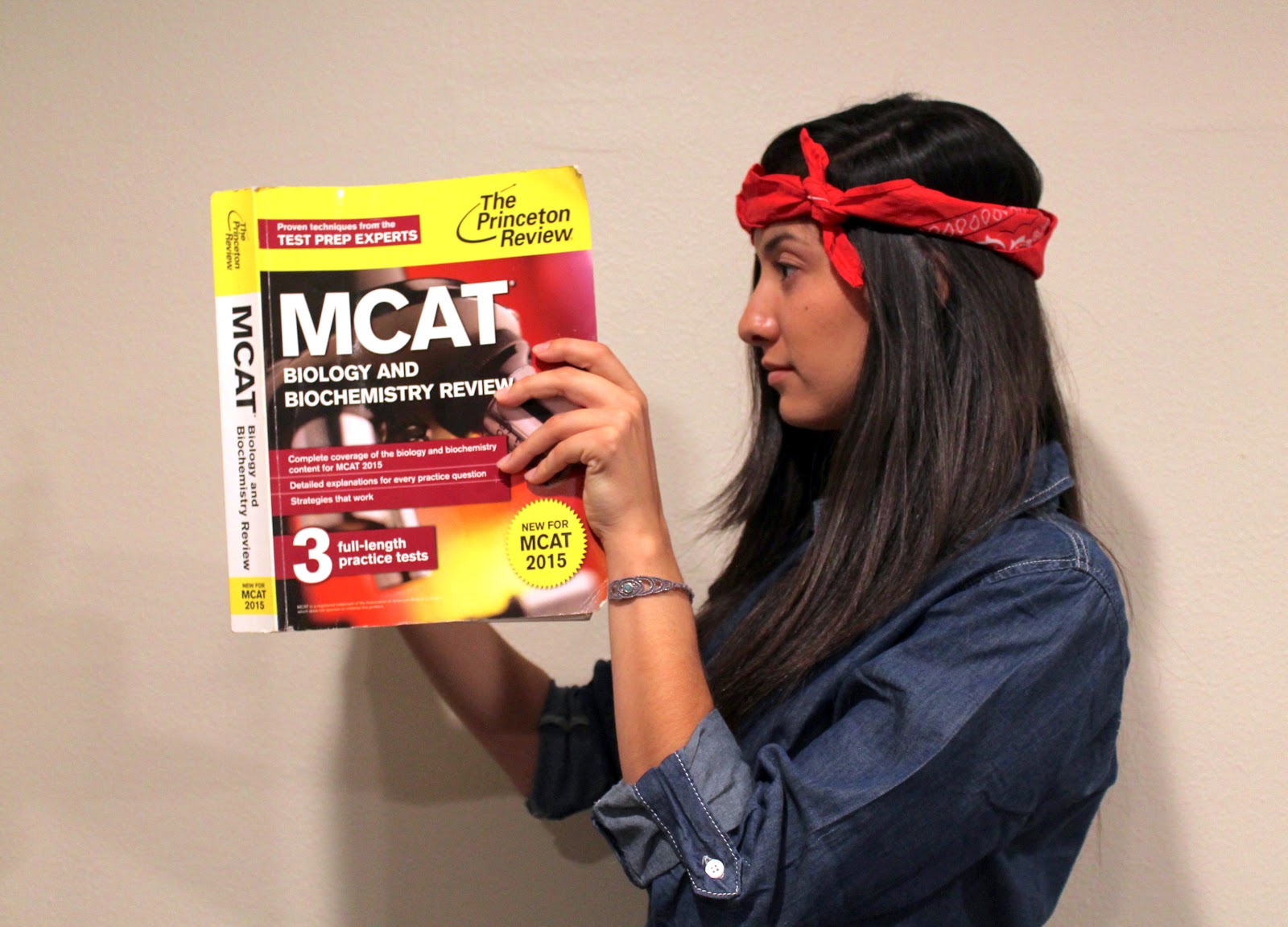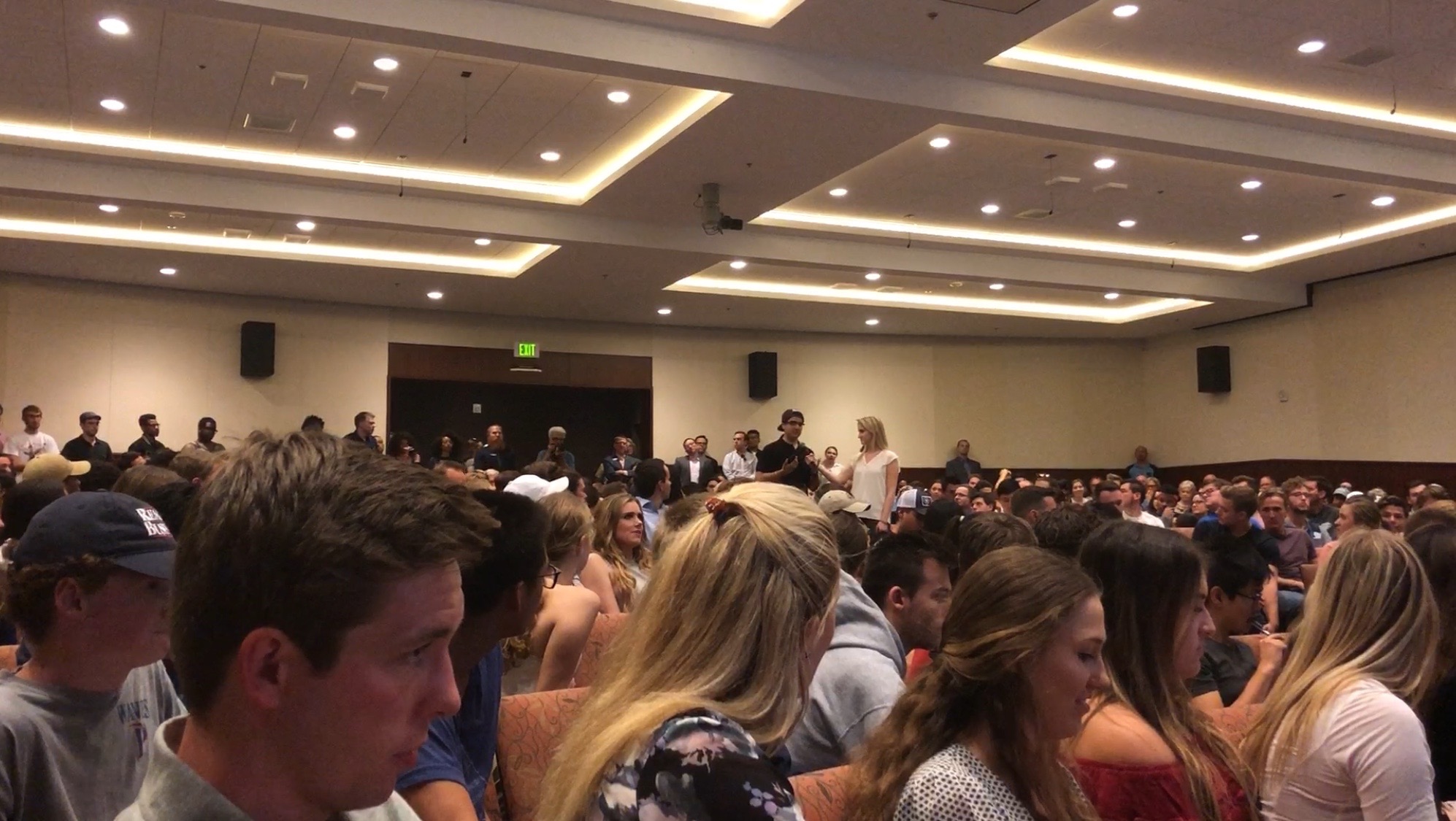
Pepperdine students living in the Malibu and Calabasas area have made it their mission to find ways to escape the pressures of online school during unprecedented times.
Despite the online semester, many students moved to the area because they already signed their leases or because they wanted to at least be near friends. There are many drawbacks to online school, which has encouraged students to find ways to take a break from technology and enjoy the beautiful area they live in.
“I think socializing is important because as people we are social human beings and mentally we need that social interaction stimulation,” said junior economics major Annah Rah. “To not have it would cause a deficit in our lives and we’d be missing something really important.”
Students shared similar outlooks on socializing and how to disconnect after zoom classes, though most noted they are taking health precautions. Student Affairs, Student Activities and Campus Recreation administrators have focused on educating students on the importance of following Los Angeles county’s, as well as Pepperdine’s, social distancing protocols to protect their health and the health of those in the community. Administrators worry that students failing to abide by set protocols influences how the community perceives the University.
How students are negotiating the tensions between safety and socializing
Socializing is an important part of the college experience that online school doesn’t provide. Students said they understood the severity of the virus and tried to find a balance between safety and socializing.
“I think it is mentally unhealthy for students to be cooped up staring at their screens all day without the social aspect of college,” senior psychology major Shelby Reif said.
Los Angeles county set a guideline for people to not gather in groups of more than 10 people. Students applied these protocols to their everyday lives and maintained consistent social circles to stay healthy.
While Eric Reed, senior media production major, built a circle of only five to eight people, Katelyn Romeike, junior business administration major, said hers is 20 to 30.
Tighter pods reduce the chance of contracting the coronavirus, Sarah Gantz wrote in a Sept. 18 Philadelphia Inquirer article.
With the county slowly reopening, students now have more places to go.
“If you go to a restaurant with friends, you’re able to do groups of like six,” Zoё Gordon, first-year theatre and screen arts major, said.
Exploring the LA area has been a favorite activity for first-year students.
“I like to go to the beach, I like to go shopping, or hangout with friends like my roommates,” Gordon said. “We try to find fun things for us to do whether it’s going into LA and seeing things we haven’t seen like seeing the Hollywood sign.”
Students navigating a balance between socializing and physical health
Students said they needed to be smart when deciding to socialize by being aware of who they surround themselves with and who those individuals are around.
Most students have found ways to socialize in public while being cautious of the county guidelines. However, not everyone is following the rules in private settings. Some students were opposed to facing possible repercussions for socializing in groups consisting of more than 10 people.
“I would be pretty upset,” Romeike said. “The majority of people I know, at least at Pepperdine, are not staying socially distant and are not necessarily compiling with all of the mandated rules.”
Others accepted the possibility of facing consequences.
“I don’t think I’ll ever be put in a place where I’d have to face repercussions,” Reif said. “But, if I ever was because I broke wearing a mask or broke social distancing stuff, that’s obviously a consequence that I’d have to take.”
Some students said they would risk getting in trouble to stay safe.
“If there were 20 people in my apartment, I would probably want someone to come and kick those people out,” Rah said.
Students staying healthy mentally
Usually, students anticipate the next time they can hold their phone to access social media, watch TV and movies or listen to music. However, transitioning from in-person to an online format has relieved students of that everlasting itch to use technology.
After staring at a monitor for hours throughout a day, at least five days a week, students find themselves needing a break from the modern, technology-consumed world.
Too much technology can have a negative effect on the mental health of young adults, Jon Johnson said in a Feb. 25 Medical News Today article.
“I think it is more important to focus on our mental health right now, especially with the age we are all at,” Romeike said.
Students who moved to the area recognized the importance of socializing with a close group of friends.
“We have people over every now and then I’d say for like once a week at most,” Rah said. “They come over for game nights, always less than 10 people, and it’s pretty much always the same people every time.”
Some students brought pets to Malibu to add energy to their days.
“I have my dog in town with us, so it’s like a little stress reliever and a companion — someone to hangout with,” Hadjarpour said.
Students find relief and relaxation anytime they get out of the house, even if that means going to work. Online school shifted students’ opinions of work from being something they have to do to something they want to do.
Reif presumed her senior year was ruined, but chose to follow through with her lease in Malibu. Reif has had an entertaining life since moving in with seven friends in Malibu.
After a day of online school, Reif ventured to Malibu for a day of work at the Surfrider hotel or a day of surfing.
“I feel like work has been kind of an escape from online school because I work so much and I’ve also been surfing a lot,” Reif said.
When senior finance major Jackson Dietz is not in class, he is either at his job at Pepperdine or Mendocino Farms.
“Just work,” Dietz said. “A little less than an enjoyment thing, but it definitely helps distract from being all stuck inside.”
In addition to work, students are finding fun activities to focus on keeping themselves healthy mentally.
“I paint and I also skateboard, so that helps kind of with mental health,” Dietz said.
Separating work, school and personal life promotes a healthy mentality.
“I think it’s important to keep my work space separate from my sleeping space for online schooling,” Rah said. “Otherwise, it is really hard to compartmentalize if I’m studying in the same area where I would normally sleep. It would be difficult to separate those two activities, and feel like I could sleep properly at night or study effectively during the day.”
Although online school is straining, it offers students more flexibility with when, where and how they do classes or homework, which offers them more free time to get outside.
“I think socializing is important because as people we are social human beings and mentally we need that social interaction stimulation,” Rah said.“But, obviously, there’s a pandemic going on, so it’s hard to satisfy both mental and physical health because you don’t want to infect other people or get sick and put other people’s physical health at risk, but you need to get that social aspect of life fulfilled.”
Students staying healthy physically
Pepperdine is notorious for its steep hills and steps to get from point A to point B. Online school removed routine activity from students’ lives. Students have learned to set aside time during their day designated for exercise in order to stay physically healthy.
“I exercise a lot everyday, especially because we are sitting at a computer all day and not walking around,” Reed said.
Activities as simple as going outside their homes were remedies students found to be reenergizing and decompressing.
“I’m really feeling the zoom fatigue,” Romeike said. “So, I love going on walks in the morning. That’s kind of just my main thing to be active and just get outside, kind of put all screens away.
Students have also found themselves immersed in nature to stay active.
“I like to go surfing, I go hiking, I take my dog on walks, go on nice drives sometimes,” Hadjarpour said.
Especially for first-year students who are unfamiliar with the Pepperdine community, the beach was a favorite meeting spot.
“Sometimes we meet up on the beach and we’re able to just get to know each other,” Gordon said.
It was an ideal situation for many students to live off campus in the Malibu and Calabasas area to take advantage of the perks of the West Coast. Originally, Anna Mulder, sophomore international business major, planned to study abroad, but she said appreciated the alternative.
“We’ll go to the beach a lot,” Mulder said. “It’s like a 10-minute walk from my house.”
The administrators guide to stay healthy
Administrators demonstrated a sense of faith in students living off campus, but during unprecedented times, student actions were difficult to monitor.
“I’m not worried,” said Doug Hurley, associate dean of Students, Student Activities and Campus Recreation. “I think our students are pretty smart and they read the news. I think we’ve all seen all the national headlines about some campuses having issues with large gatherings, so of course we want everyone to be careful.”
Hurley thought it was natural students would want to live together, though he stressed care with socializing in wider groups.
Occasionally, administrators send students reminders and updates about opportunities to stay safe, particularly after early reports of parties in the neighborhood next to Pepperdine, Dawnielle Wright wrote in a Sept. 10 Pepperdine Graphic article.
Students still have a responsibility of preserving the image of Pepperdine, Connie Horton, vice president for Student Affairs, said. Students carry more weight than they think in terms of how the community views the University.
“As Pepperdine, we worry about your safety, we worry about Malibu’s safety, and we worry about our relationship to Malibu,” Horton said.
Administrators, students and community members agreed that the goal is still to reopen.
“If it looks like we’re out of control — and I’m not saying it does by the way — but if it did look like we’re so out of control, our students don’t care at all, and there are regular parties, etc., that will just fuel the county’s thinking that we aren’t ready to reopen,” Horton said.
Administrators said they understood students still wanted to socialize after moving back to their college community.
“I want to be sure they are making good choices,” Horton said. “But, I also want them to take care of themselves as well and be resilient people who navigate this whole journey in a way that is sustainable and even helps them move toward health.”
Kaitlyn Davis completed the reporting for this story under the supervision of Dr. Christina Littlefield and Dr. Elizabeth Smith in Jour 241 in Fall 2020. Dr. Littlefield supervised the web story.



